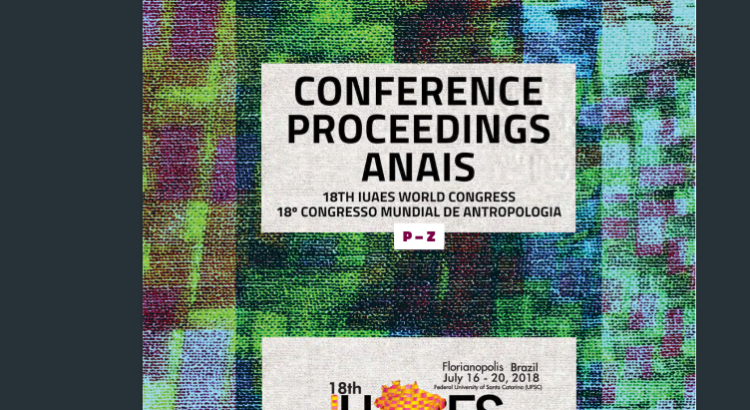Since first contacts with Brazilian State in 1946, the Xavante learned to take into account the non-
indigenous as relevant political element. During the second half of 20th century they mastered
the ways of dealing with the agencies responsible for indigenous issues, which became way of
resources and source of political power and dispute between leaderships.
More recently, anthropologist and artists interested in working with indigenous people also
became part of the Xavante political landscape. The most noticeable form of these new ways of
dealing with the waradzú is the almost mandatory need of a “project” that implies some benefit
for the community, in exchange for developing research among them.
This proposal will present with one of these “projects”, named Wederã Lab. It is a laboratory
for audiovisual production located in the Wederã village, at the Pimentel Barbosa Reserve.
Its existence is due to a network established during the creation of a “Ponto de Cultura” (a
community state funded cultural center) in the village. We propose to think how the laboratory
works as a place for modulating local contact with foreign practices and techniques such as
anthropology and cinema, in order to minimize its danger and undesirable impact, namely
among younger generations. We argue that places such as indigenous cultural centers and
schools work as “boundary spaces” that favor local controlled inter-ethnic relations through
circulation of people, techniques and knowledge.
Keywords: video; boundaries; inter-ethnic relations; xavante
